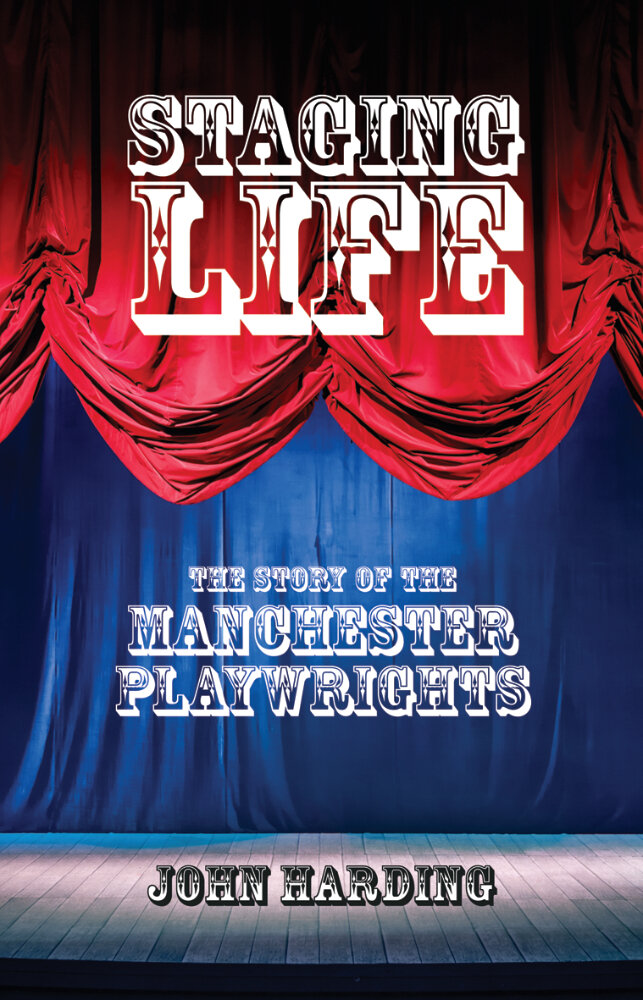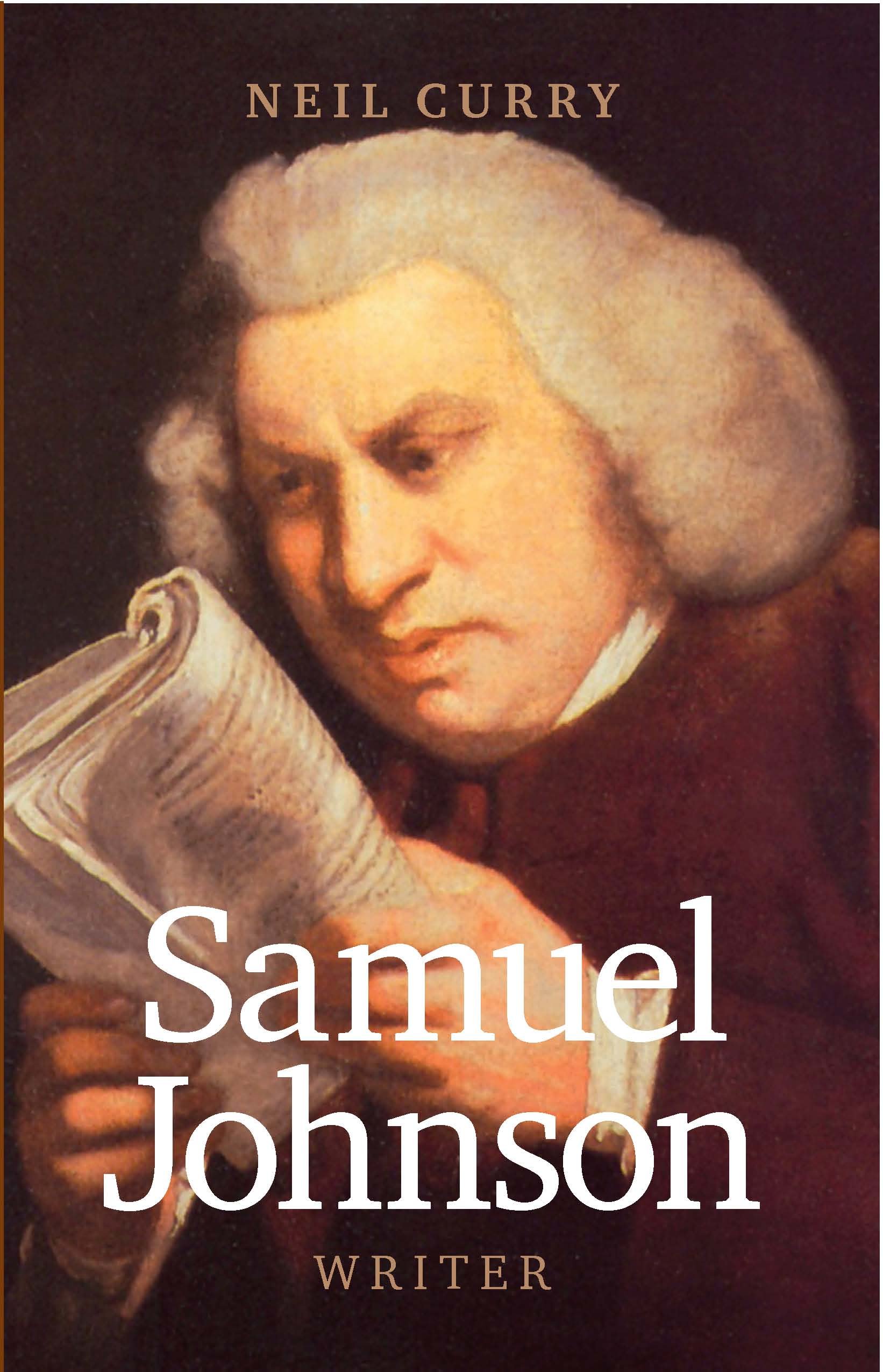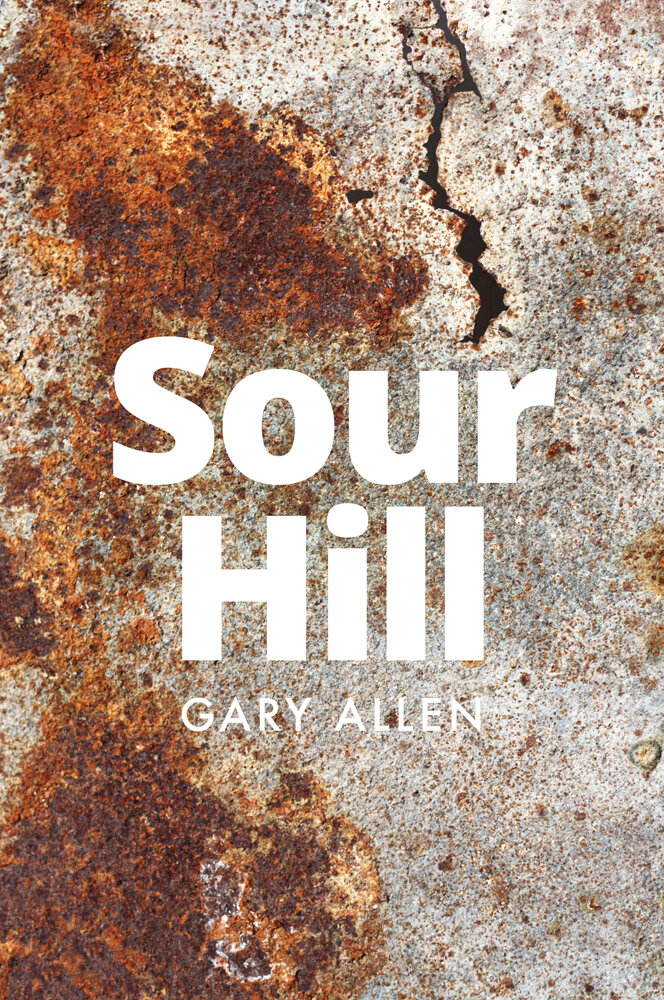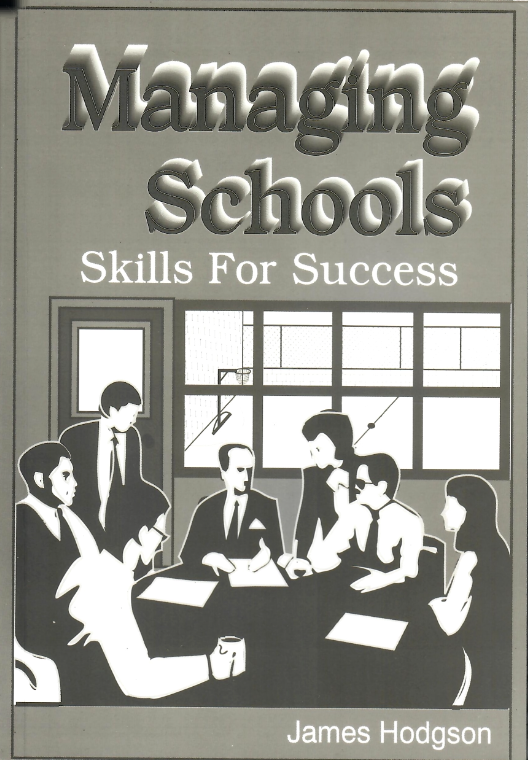 Image 1 of 1
Image 1 of 1


Staging Life: The Story of the Manchester Playwrights
In 1907 Annie Horniman arrived in Manchester from Ireland intent on establishing the country’s first genuine ‘repertory’ company. A middle-aged heiress with money to spend on the arts, she bought the run-down Gaiety Theatre in Peter Street, renovated it, recruited the gifted Iden Payne as manager and challenged the people of Lancashire to produce new and exciting work to rival that of Ireland’s Celtic Twilight.
The Gaiety soon became the most progressive theatre in the country, the first of its kind to create an identifiably local school of playwrighting while simultaneously attracting a new audience excited by seeing real life characters in real life situations presented on stage.
The Manchester School of Dramatists included in its ranks newspapermen, solicitors, doctors, actresses and businessmen.
Stanley Houghton’s Hindle Wakes shocked Edwardian sensibilities. Harold Brighouse’s Hobson’s Choice delighted British and American audiences. Allan Monkhouse’s The Conquering Hero brought the horror of the trenches to the serious stage for the first time.
Much of their work remains as relevant today as it was over a century ago.
Staging Life is the first book to look what the School produced and the impact it has had on British theatre history.
About the author:
John Harding lives and works in North London and has written on a variety of topics ranging from literary and sporting biography to cultural history and criticism. Past subjects include the biographies of footballers Billy Meredith and Alex James, the boxer Jack ‘Kid’ Berg and the poet and illustrator Ralph Hodgson. His book Sweetly Sings Delaney was the first critical study of the life and work of playwright Shelagh Delaney. He is the authorised historian of both the Professional Footballers Association and the British Boxing Board of Control and has written for a variety of publications including Blizzard, The London Magazine, The Footballer, When Saturday Comes, 442, as well as for radio and
300 pages
ISBN: 978-1-910996-17-1
In 1907 Annie Horniman arrived in Manchester from Ireland intent on establishing the country’s first genuine ‘repertory’ company. A middle-aged heiress with money to spend on the arts, she bought the run-down Gaiety Theatre in Peter Street, renovated it, recruited the gifted Iden Payne as manager and challenged the people of Lancashire to produce new and exciting work to rival that of Ireland’s Celtic Twilight.
The Gaiety soon became the most progressive theatre in the country, the first of its kind to create an identifiably local school of playwrighting while simultaneously attracting a new audience excited by seeing real life characters in real life situations presented on stage.
The Manchester School of Dramatists included in its ranks newspapermen, solicitors, doctors, actresses and businessmen.
Stanley Houghton’s Hindle Wakes shocked Edwardian sensibilities. Harold Brighouse’s Hobson’s Choice delighted British and American audiences. Allan Monkhouse’s The Conquering Hero brought the horror of the trenches to the serious stage for the first time.
Much of their work remains as relevant today as it was over a century ago.
Staging Life is the first book to look what the School produced and the impact it has had on British theatre history.
About the author:
John Harding lives and works in North London and has written on a variety of topics ranging from literary and sporting biography to cultural history and criticism. Past subjects include the biographies of footballers Billy Meredith and Alex James, the boxer Jack ‘Kid’ Berg and the poet and illustrator Ralph Hodgson. His book Sweetly Sings Delaney was the first critical study of the life and work of playwright Shelagh Delaney. He is the authorised historian of both the Professional Footballers Association and the British Boxing Board of Control and has written for a variety of publications including Blizzard, The London Magazine, The Footballer, When Saturday Comes, 442, as well as for radio and
300 pages
ISBN: 978-1-910996-17-1






